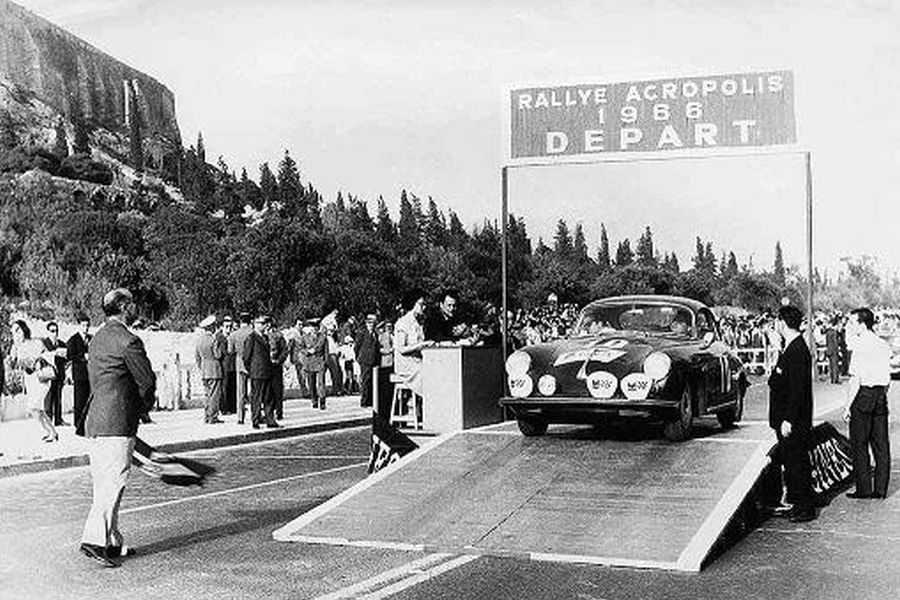On 22 July 1894, the world witnessed the first-ever organised motor rally on public roads, as competitors embarked on a 78-mile (126 km) journey from Paris to Rouen, France. Organised by the French newspaper Le Petit Journal, the event was not only a race but a showcase of the future potential of the automobile.
A new era begins: The 1894 Paris–Rouen race
This inaugural rally attracted 102 entrants, though only 21 vehicles made it to the start line. It was designed not purely as a speed race but to highlight reliability, ease of use, and safety — essential traits at a time when the automobile was still viewed with curiosity and even suspicion.
The winner in terms of time was Count Albert de Dion, whose steam-powered vehicle averaged 22.5 km/h (around 14 mph). However, since his car required a stoker and did not fully meet the competition’s rules of self-sufficiency, the overall victory was awarded jointly to manufacturers Peugeot and Panhard et Levassor.
Early years & public fascination
The early 20th century saw rallying grow rapidly, particularly in France and Italy. Events like the Monte Carlo Rally (established 1911) and the Mille Miglia became both sporting and social phenomena, attracting nobility, adventurers, and innovators alike. Public reception evolved from scepticism to admiration, as rallies began symbolising technological progress and human daring.
The golden age & global expansion
By the 1950s and ’60s, rallies were international spectacles. Iconic events such as:
- Safari Rally (Kenya)
- Rallye Automobile de Monte-Carlo
- Acropolis Rally (Greece)
- RAC Rally (UK)
…drew global attention, demanding not only speed but stamina and navigational skill over extreme terrain.

In 1973, the World Rally Championship (WRC) was inaugurated, marking the sport’s formal professional era. Manufacturers such as Ford, Audi, Lancia, Subaru, and Peugeot battled for supremacy, creating rally legends like Colin McRae, Carlos Sainz, Sébastien Loeb, and Tommi Mäkinen.
Tragedy & transformation
The 1980s “Group B” era introduced incredibly powerful and lightweight vehicles, pushing the sport to its technical limits — and beyond. Spectacular but dangerous, these machines thrilled fans but posed serious risks.
A series of fatal accidents — most notably the deaths of Henri Toivonen and Sergio Cresto at the 1986 Tour de Corse — forced the FIA to cancel Group B mid-season and implement stricter safety measures. Spectator control also became a serious issue, leading to new rally formats and improved regulation.
Rallying today
Modern rallying has evolved into a precision-based sport where hybrid technology, telemetry, and road safety are prioritised alongside performance. WRC continues to draw fans worldwide, with stages ranging from snowy Sweden to the dusty trails of Kenya. The fanbase remains deeply loyal, valuing not just speed, but driver skill, co-driver precision, and car durability.
Recent additions like the WRC+ streaming platform, social media engagement, and environmentally conscious regulations (e.g., hybrid rally cars and sustainable fuels) have kept the sport relevant in the digital age.
Highlights across the years
- 1960s–70s: The rise of female co-drivers and drivers, like Michèle Mouton, who nearly won the WRC title in 1982.
- 1995: Colin McRae becomes the first Briton to win the WRC Championship.
- 2004–2012: Sébastien Loeb dominates with nine consecutive world titles for Citroën.
- 2022: The WRC introduces hybrid Rally1 cars, marking a new era of performance and sustainability.
Legacy
What began on 22 July 1894 as a test of mechanical curiosity is now a globally celebrated motorsport combining engineering brilliance, endurance, and human resilience. The spirit of that first Paris–Rouen race lives on in every winding mountain road, every dusty stage, and every roaring engine that races not only against the clock — but against nature itself.
Also read: Brad Pitt’s new F1 film wins over drivers at Monaco premiere


